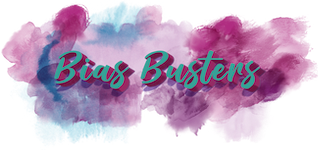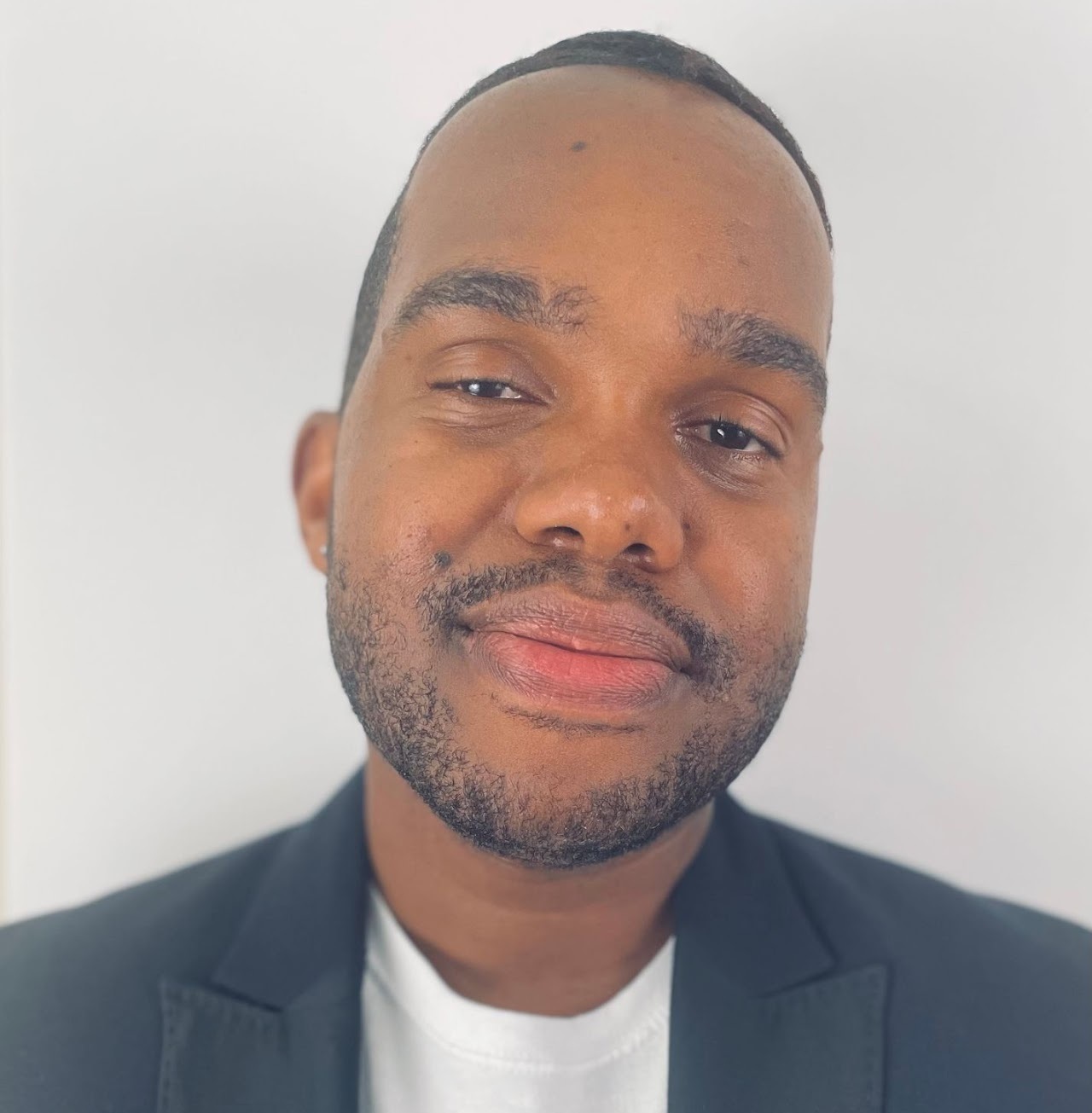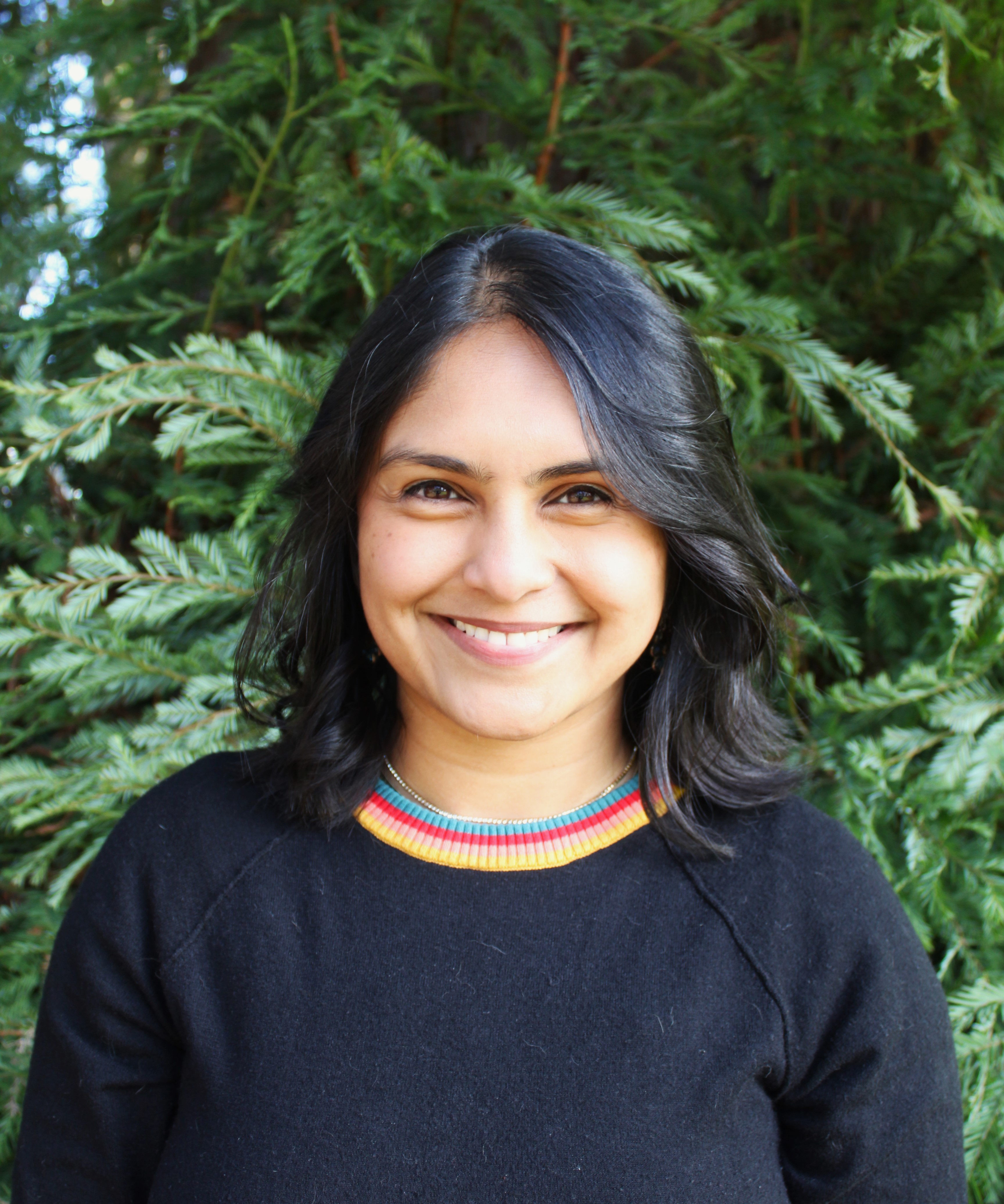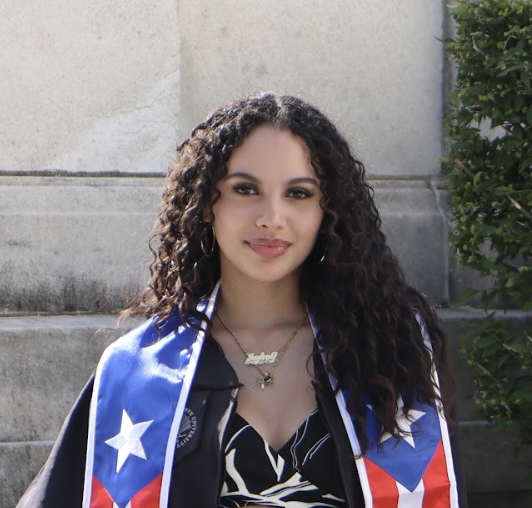
Along with the Diversity and Social Cognition Lab, the Bias Busting Social Cognition Lab is one half of the C2 (C-Squared) Social Cognition lab at the University of Oregon.
The C2 (C-Squared) Social Cognition lab is co-led by Drs. Chanel Meyers and Curtis E. Phills.
Join the lab!
Dr. Phills is accepting doctoral students for Fall 2026 at the University of Oregon.
In the interests of fairness to all potential applicants, please do not contact Dr. Phills directly if you are interested in applying to graduate school. Instead, learn about applying here.
If you’re a student at the University of Oregon and interested in joining the lab, please fill out this application and send it to dsclab@uoregon.edu
We are always happy to work with students passionate about social justice and interested in gaining research experience!
Meet the lab

Dr. Phills co-leads the C2 (C-Squared) Social Cognition lab at the University of Oregon with Dr. Chanel Meyers. His research focuses on studies strategies to reduce implicit bias with a focus on intersectional implicit bias.
Using multiple methods to measure and reduce implicit biases, Dr. Phills aims to develop interventions that persist and target the unique prejudices and stereotypes faced by Black women and other people with intersectional identities.

Marcus Cumberbatch: I am a third-year PhD student within the Social-Personality area of the University of Oregon’s Psychology Doctoral Program. I received my B.A. in Psychology from the University of South Florida, and I also hold degrees in business and design. I am interested in how language, communication, and normative ideologies shape cognitive and perceptual processes involved in intergroup dynamics, as well as social meaning, and power. A current line of research that I am engaged in studies how ideologies such as colorblindness shape mental representations of stakeholders in institutions, and how phenotypic features may shape valenced mental representations of racialized groups. Further, I am interested in methodology in psychological science– particularly the reverse correlation paradigm– where I am collaborating on the development of a method to quantify statistical differences between aggregated mental representations of people.

Anwesha Guha: I am a PhD candidate in the quantitative research methods program in the Department of Education Studies (QRME). I received my B.S. in quantitative methods and English literature from Emory University and M.Ed. in secondary mathematics education at the University of Missouri, St. Louis. I am interested in how students from diverse and historically marginalized backgrounds navigate key educational transitions, from ninth grade to college using quantitative and causal inference methods. Broadly, my work is grounded in intersectionality, with the goal of identifying how overlapping social positions and systemic factors influence educational equity and student outcomes. With Dr. Phills, I am analyzing social class stereotypes to better understand how stereotypes operate at the intersection of race, gender, and class, connecting her focus on educational transitions to the broader psychological mechanisms that shape bias and belonging.

Jaylene Vazquez: I am C-squared’s lab manager. I received a B.A. in Psychological Sciences with a minor in Sociology at Case Western Reserve University, where I worked as an undergraduate research assistant at the Skills, Learning, and Performance Lab. I like to bridge my interests in psychology and sociology by examining the influence of structural racism on social cognition. Curtis and I are currently working on a project that explores how colorism impacts perceptions of Black women’s femininity.
Alumni
Former Master’s Students
- Angel Collie
- Celina Johnson
- John Sperry
- Tabitha Powell
- Matthew Olah
- Kristen Hull
Former Undergraduate Honors Students
- Sarika Griffin
- Danielle Krusemark
- Sandra Khalaf
- Matthew Olah
- Kristan Palermo
- Carolyn Smith
- Mary Wood
- Vaughn Sayers
- Tylyn Dagsaan